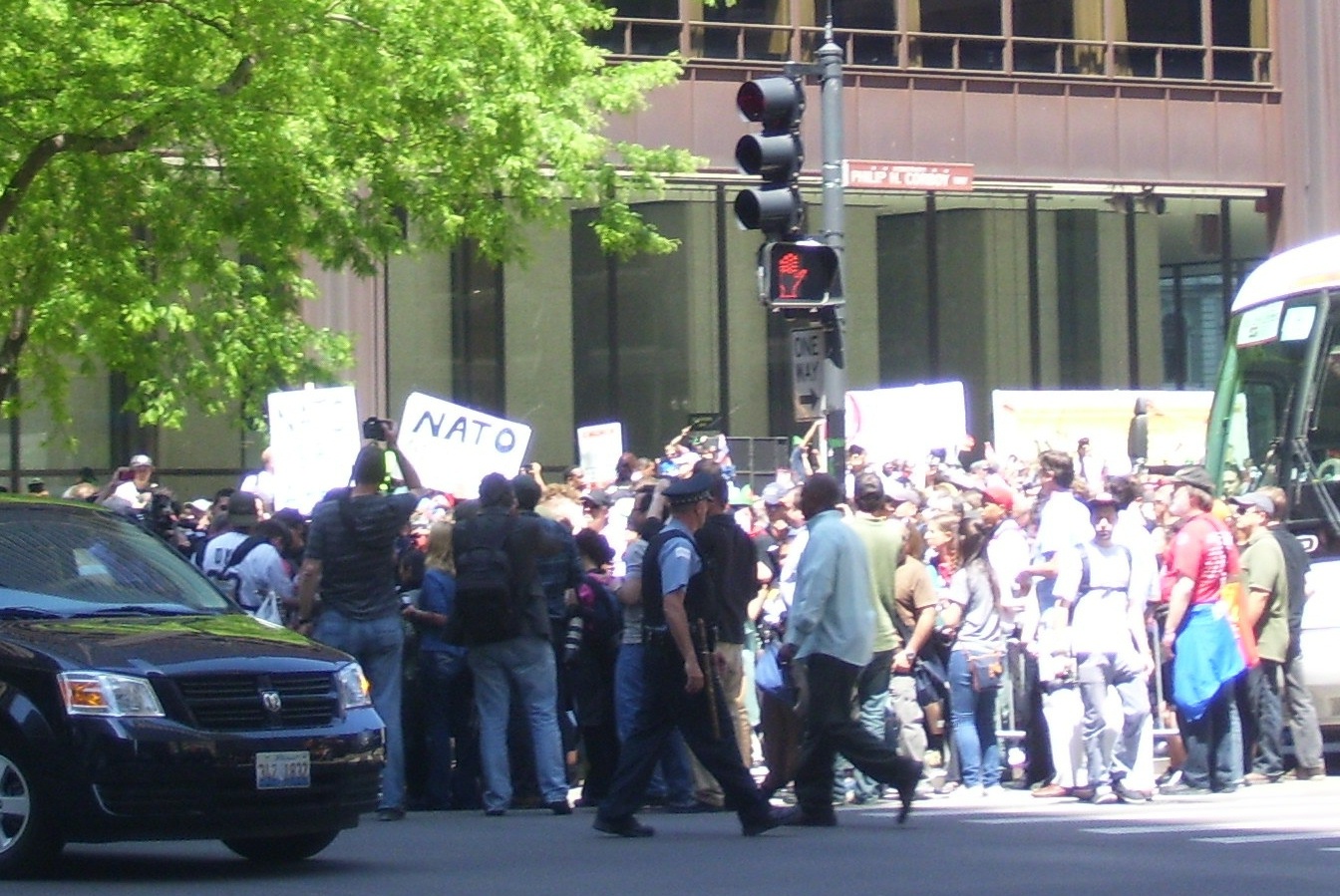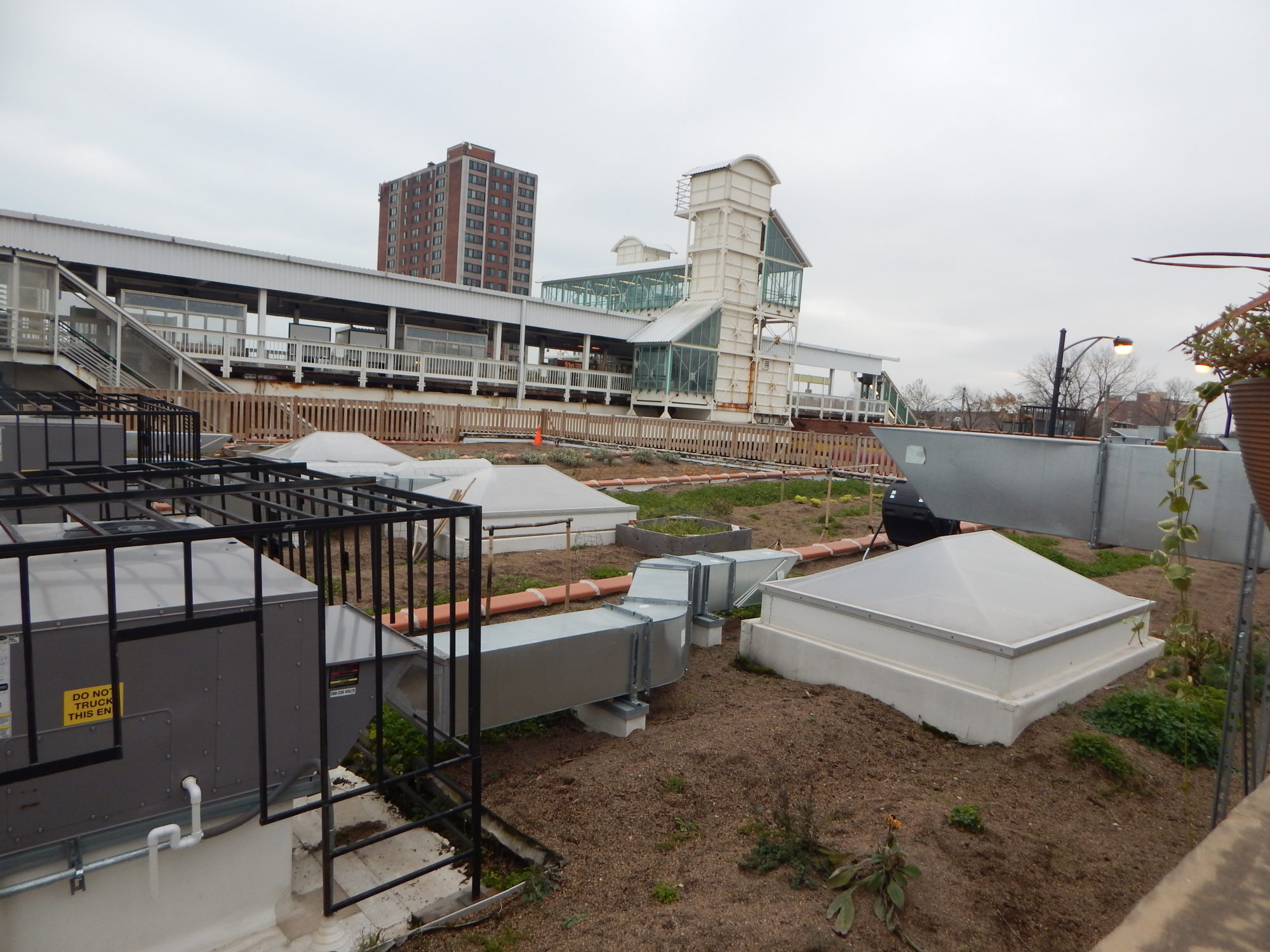The Evolution of the Occupy Movement
Whatever else its participants may or may not have accomplished, the Occupy movement has changed the national conversation from austerity cuts and deficits to acknowledging injustice and resolving financial and social inequality. What began as a loosely organized string of gatherings has evolved to address issues ranging from Wall Street reform to cuts in mental health care.

Another injustice that Occupy has been speaking out against has been the ongoing housing and foreclosure crisis. In conjunction with this cause, and as an adjustment to forcible removal from public spaces by law enforcement, the movement has evolved to Occupying abandoned properties and homes of families facing foreclosure as an act of civil disobedience. For instance, in Chicago, a coalition between the Chicago Anti-Eviction Campaign and Occupy Our Homes recently set a goal of renovating 100 abandoned homes for homeless families and households here in the city.
Outlining the Proposal
As I observed this phenomenon, I started thinking about how ironic and ridiculous it is that there are properties standing empty while families and individuals are homeless. I began to consider what would be involved in Occupying vacant and abandoned buildings – legally – as affordable housing for homeless families and individuals or for households caught up in the housing crisis. I submitted a proposal for a presentation for the 2012 Chicago Green Festival with the working title “Sustainability and Affordable Housing: Maybe Occupy Is Onto Something.” Continue reading “Sustainability and Affordable Housing: Maybe Occupy Is Onto Something”
